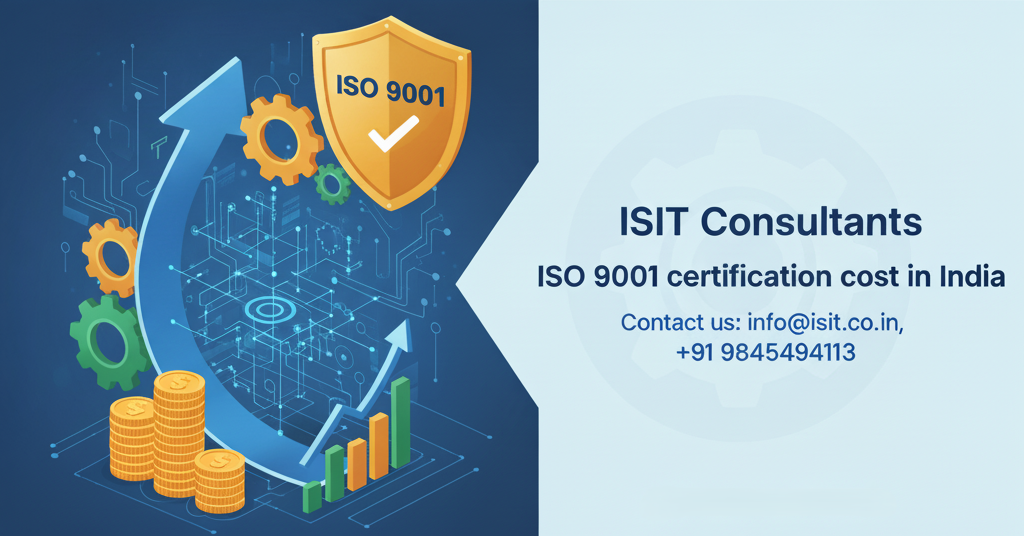ISO 9001 certification has become an essential benchmark for businesses in India seeking to improve their quality management systems and gain a competitive edge. Understanding the cost involved in obtaining this certification, along with the key factors that influence the pricing, can help companies plan their budget wisely and make informed decisions. This article dives deep into the ISO 9001 certification cost in India and provides valuable insights to guide businesses through the certification process.
One of the most important considerations for any business planning to obtain ISO 9001 certification is the overall cost. The price can vary significantly based on several factors such as the size of the organization, the complexity of its processes, and the chosen certification body. Generally, smaller companies may incur lower costs compared to large enterprises, but the investment should be viewed not just as an expense but as a strategic step toward enhancing customer satisfaction and operational efficiency.
The process to achieve ISO 9001 certification involves multiple stages, each contributing to the overall cost. These include initial gap analysis, training of employees, documentation development, internal audits, and the final certification audit conducted by an accredited body. The cost of training and consulting services often forms a substantial part of the budget, especially for companies unfamiliar with quality management systems. Additionally, some organizations may require software or tools to streamline documentation and auditing, which adds to the expense.
A key insight for businesses in India is the choice of certification body. Accredited certification organizations may charge different fees based on their reputation, audit approach, and support services. While it might be tempting to go for the lowest-priced option, it is crucial to consider the credibility and recognition of the certifying body to ensure the certification is valid and accepted globally. Companies should also be aware of the ongoing costs such as surveillance audits and recertification every three years, which are necessary to maintain the certification status.
Another important aspect influencing ISO 9001 certification cost is the readiness of the business. Organizations with well-documented processes and a culture that embraces quality management will likely require less time and fewer resources to prepare for certification. On the other hand, businesses starting from scratch may need additional support to develop procedures, train staff, and align their operations with ISO standards. Investing time and effort upfront can reduce costs in the long run and help achieve certification smoothly.
For many businesses, ISO 9001 certification is more than just a compliance requirement; it represents an opportunity to improve operational excellence and build trust with customers and stakeholders. While the cost of certification in India varies, the benefits it brings in terms of increased efficiency, reduced waste, and better risk management are often worth the investment. Companies should carefully evaluate their current processes, budget for both initial and recurring costs, and choose partners who can provide the right guidance.
ISO 9001 Certification Cost and Requirements
The ISO 9001 certification cost in India depends largely on the specific requirements of the business seeking certification. These requirements include establishing a quality management system that meets ISO standards, proper documentation, employee training, and internal audits. Costs also vary depending on the size and complexity of the organization, as larger companies usually need more extensive audits and process reviews. Additionally, fees for the certification body and any consulting or training services add to the overall expense. Understanding these requirements clearly helps businesses budget effectively and prepare for a successful certification process.
In conclusion, understanding the ISO 9001 certification cost in India and key insights is vital for any business aiming to enhance its quality management system. From choosing the right certification body to preparing adequately, each step influences the overall cost and success of the certification journey. By taking a strategic approach, businesses can not only manage expenses effectively but also unlock long-term benefits. For expert assistance and reliable certification services, ISIT ((Integrated Standards & IT Solutions) is your trusted partner in achieving ISO 9001 certification smoothly and efficiently.





Comments